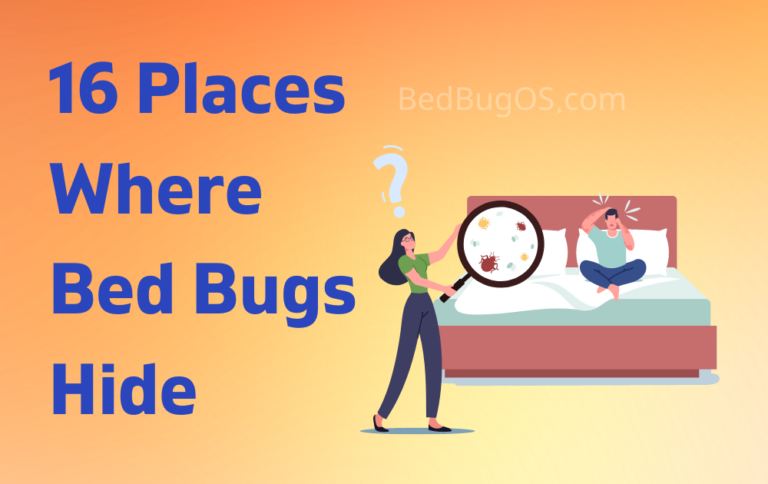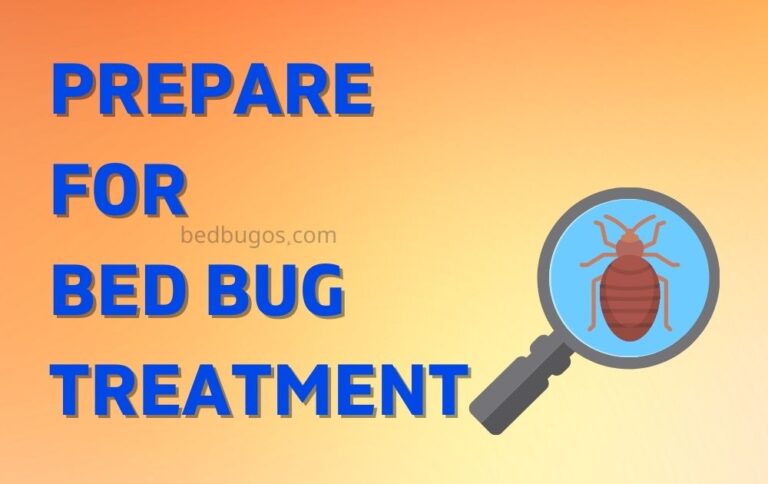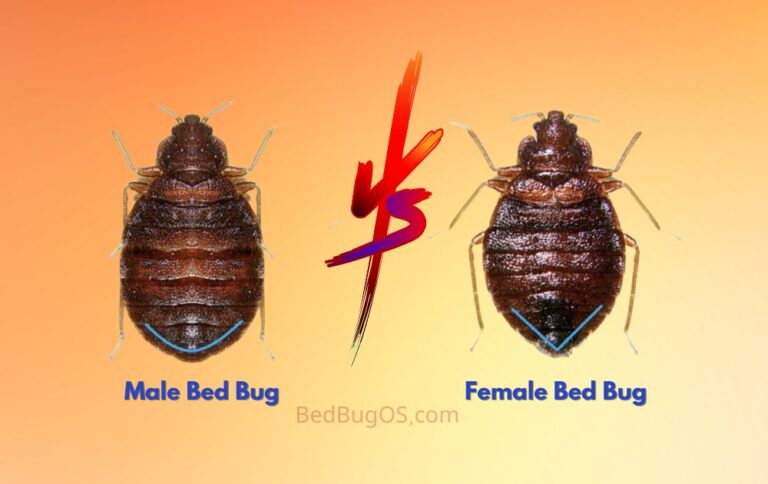Do Spiders And Cockroaches Eat Bed Bugs? [Explained]
![do spiders eat bed bugs? & do Cockroaches eat bed bugs? [Explained]](https://lyssfits.com/wp-content/uploads/2023/07/do-spiders-eat-bed-bugs_-do-Cockroaches-eat-bed-bugs_-Explained.jpg)
Are you curious about whether, do spiders and cockroaches eat bed bugs? It’s a common question among those dealing with these pesky pests.
Spiders and cockroaches are both commonly found in households and often share living spaces with bed bugs. While it might seem like a convenient solution to let these natural predators handle the bed bug problem, the truth is that they are not effective in controlling bed bug infestations. In this article, we’ll explore the eating habits of spiders and cockroaches and shed light on their limitations when it comes to eradicating bed bugs. By understanding the behaviors and biology of these creatures, we can gain valuable insights into how to effectively combat bed bug infestations and maintain a bed bug-free home. So, let’s get started and uncover the truth about spiders, cockroaches eating bed bugs.
Common Exceptions For Bedbugs As Prey:
The first thing to know is that bed bugs are not actually a food source for any common household pest. This means that roaches(cockroaches), spiders, and even rats will not eat bed bugs unless they are absolutely desperate. In most cases, these pests will actually avoid bed bugs altogether.
- That said, there are a few exceptions to this rule. One common exception is the carpet beetle. Carpet beetles are attracted to the same things as bed bugs (i.e., skin flakes, hair, and fabric), but they will also happily munch on bed bugs themselves if given a chance.
- Another exception is the bird mite. Bird mites are tiny parasites that feed on the blood of birds (and sometimes humans). These mites are known to invade homes where there are birds nesting nearby (e.g., in attics or chimneys). If bird mites happen to find their way into your home, they may start feeding on bedbugs if there is nothing else available.
- Finally, it’s important to mention that there are some natural predators of bedbugs that can help get rid of them. One of the most common natural predators of bedbugs is the dust mite. Dust mites feed on dead skin cells, which happen to be one of the main food sources for bedbugs. This makes dust mites an important part of the ecosystem that helps keep bedbug populations in check.
If you have a serious bedbug infestation, it’s best to call a professional exterminator who can safely and effectively get rid of them for you. Trying to control a bedbug infestation on your own can be difficult and even dangerous if you’re not careful.
Do Spiders Eat Bed Bugs?
Many people wonder if spiders can be the heroes in the battle against bed bugs. After all, spiders are natural predators known for their ability to capture and devour various insects. But when it comes to bed bugs, the answer is a bit more complex.
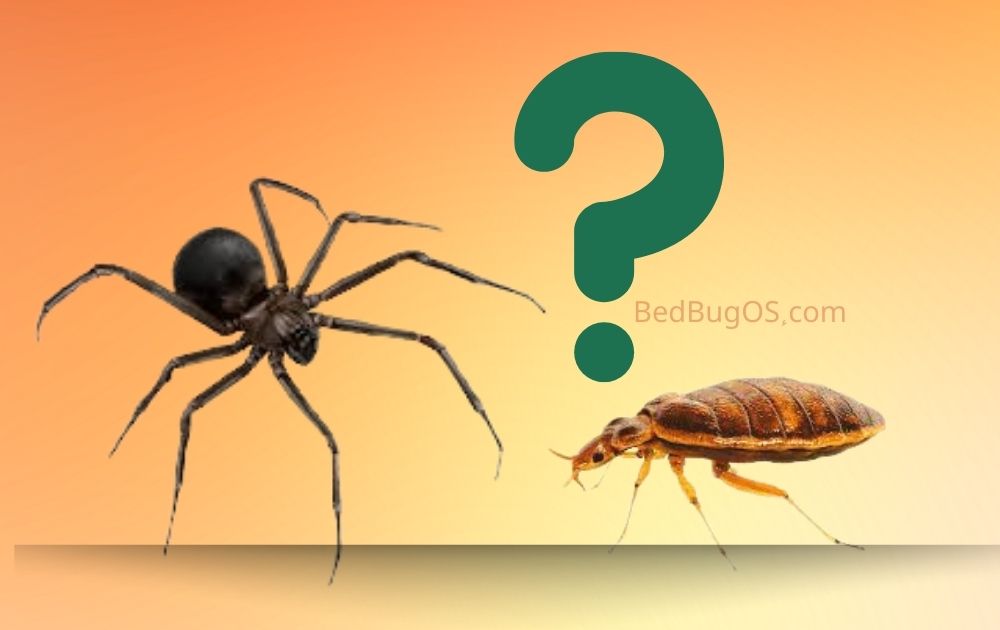
While spiders may occasionally catch and consume a bed bug that happens to cross their path, they are not reliable or effective at controlling bed bug infestations. Bed bugs are elusive and primarily active during the night when spiders are less active. Additionally, bed bugs commonly hide in hard-to-reach areas, such as cracks, crevices, and inside mattresses, where spiders may not be able to reach them.
While spiders may occasionally snack on a bed bug, they are not a reliable solution for eliminating bed bug infestations. If you’re dealing with a bed bug problem, it’s best to seek professional assistance to ensure thorough and effective eradication.
Do Roaches Eat Bed Bugs?
Cockroaches are not known to be effective predators or natural enemies. While cockroaches are opportunistic omnivores that can eat a wide range of organic matter, including other insects, they do not have a strong inclination towards feeding on bed bugs.
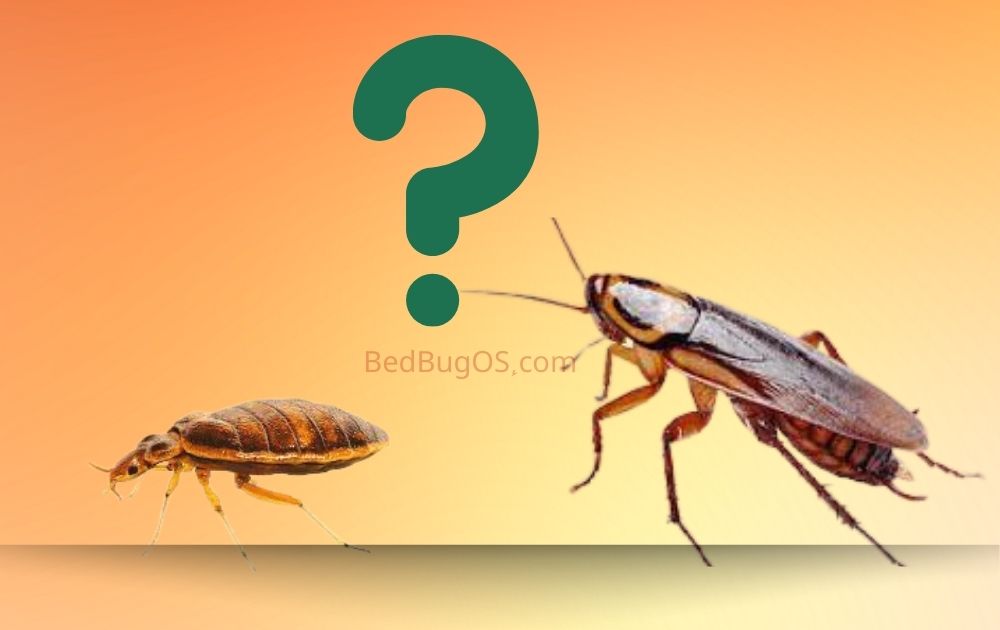
Cockroaches have their own food preferences and tend to focus on scavenging for food sources that are easily accessible, such as crumbs, leftover food, or decaying organic matter. They are more likely to consume plant material, garbage, or other insects like smaller cockroach nymphs rather than actively seeking out and feeding on bed bugs.
They tend to hide in tight cracks and crevices near their human hosts, making it less likely for cockroaches to encounter them in their typical scavenging areas.
While it is possible for cockroaches to eat a bed bug if they come across one, they are not reliable or effective in controlling bed bug populations.
FAQ’s
No, both spiders and cockroaches are not reliable or effective in controlling bed bug infestations. While they may occasionally consume bed bugs, their feeding habits, activity patterns, and limitations in accessing bed bug hiding spots make them ineffective as a primary method of control.
Relying solely on spiders or cockroaches to eliminate bed bugs is not recommended. It is crucial to seek professional assistance and implement comprehensive pest control strategies to effectively address and eliminate bed bug infestations in a reliable and efficient manner.
To prevent spiders or cockroaches from entering your home, ensure proper sealing of cracks and entry points, keep your home clean and free of clutter, and address any existing pest issues promptly. Regular maintenance and professional pest control can also help in keeping these pests at bay.
While there are various natural predators, such as certain species of ants or centipedes, that may feed on bed bugs, they are not typically abundant enough or effective at controlling infestations. Professional pest control methods tailored specifically for bed bugs are the most reliable and efficient means of eradication.
Introducing spiders or cockroaches into your home is not a recommended method for preventing bed bug infestations. It is best to focus on proactive measures such as regular cleaning, inspecting for signs of bed bugs, and taking preventive steps like using mattress encasements and sealing cracks and crevices.
While spiders and cockroaches may offer some incidental control of bed bugs, they cannot be relied upon as a natural alternative to professional chemical treatments. Bed bug infestations require targeted and thorough eradication methods to ensure complete removal.
Conclusion:
Spiders and cockroaches can both eat bed bugs, but it is not a common occurrence. Spiders are more likely to eat bed bugs than cockroaches, as they are more predatory in nature. However, cockroaches can also eat bed bugs if they are hungry enough.
Spiders and cockroaches can both be beneficial to have around the house, as they can help to keep other pests away. Therefore, it is best to leave them alone and not try to get rid of them unless absolutely necessary.

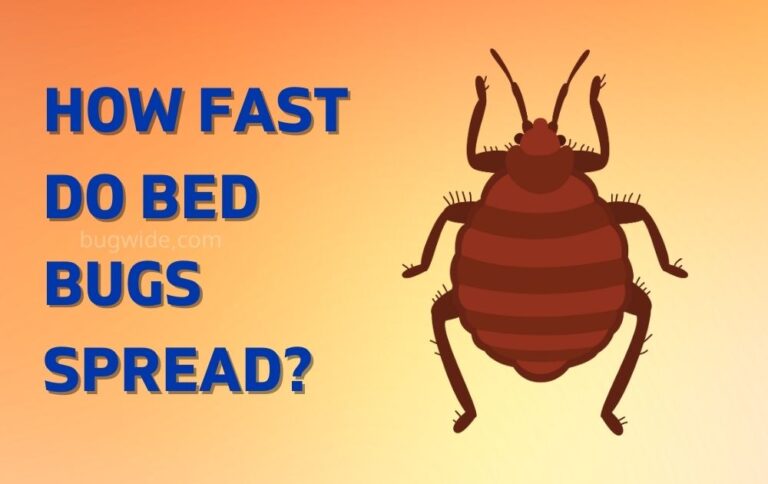
![What Do Dead Bed Bugs Look Like? [With Pictures]](https://lyssfits.com/wp-content/uploads/2022/12/What-Do-Dead-Bed-Bugs-Look-Like_-Explained-768x484.jpg)
![Where To Sleep If You Have Bed Bugs Infestation? [With Solutions]](https://lyssfits.com/wp-content/uploads/2023/07/Where-To-Sleep-If-You-Have-Bed-Bugs-Infestation-768x484.png)
